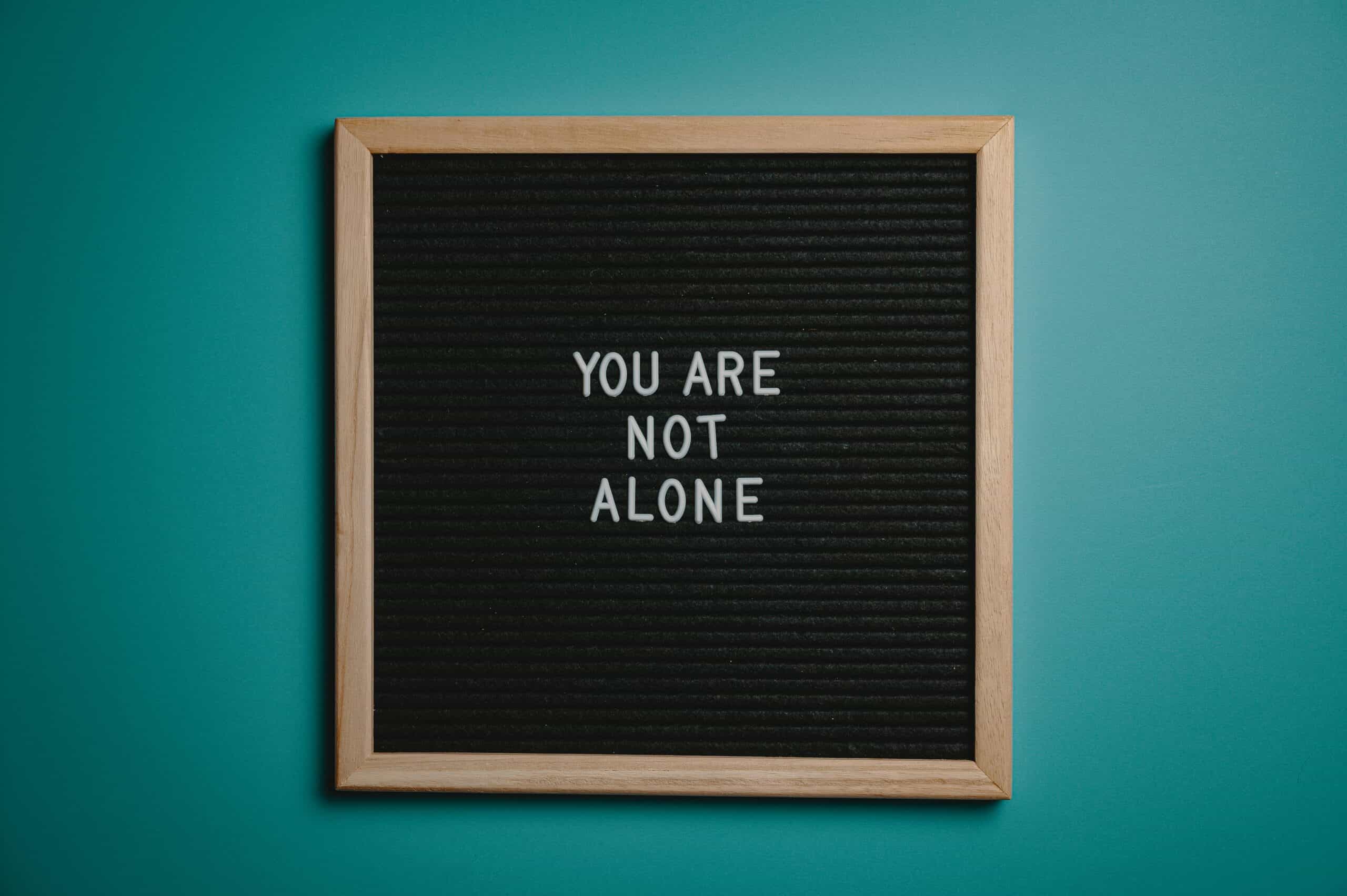How mental health first aid transformed a difficult situation in a leading Swiss company
When you hear the term Mental Health First Aider, you might wonder
- what a MHFA role looks like in practice
- can a mental health first aider really make a difference?
This post shares an example of a Mental Health First Aider navigating a challenging situation to achieve a positive outcome for everyone involved.
In this instance, a trained HR professional used her skills to support an employee facing a personal crisis. Let’s break down the details to understand the impact:
- The employee felt supported and could manage both work and personal life better.
- The Mental Health First Aider gained confidence in her role and received recognition.
- The workplace benefited from improved morale and performance.
- The company avoided potential risks related to employee burnout or turnover.
Here’s how this unfolded.
Mental health first aid:
Background
A newly trained MHFA, an HR professional who had recently completed training with me, noticed some signs of impaired well-being in an employee. She initiated a conversation, and the employee shared that he was dealing with challenges at home, specifically a divorce.
This is an example of a Mental Health First Aider using their skills to create a supportive dialogue, but things didn’t go smoothly at first.
The challenge
During their conversation, the MHFA asked the employee to “promise me you will contact the EAP and speak to someone about this.”
The employee became frustrated and replied, “I will not make promises like that! I don’t need therapy!”
The conversation stalled, and the two parted ways.
How the situation was turned around
Afterward, the MHFA called me to share her experience. I reminded her of one of the core principles covered in her training:
Seek to understand, not to be understood.
We discussed how asking someone to promise something—even with good intentions—can feel like pressure rather than support.
I suggested she use two specific, open-ended questions:
- “How is this challenge at home affecting you in the workplace? This is a confidential conversation, and I genuinely care about how I can support you.”
- “What would you change (in the workplace) if you could?”
The MHFA followed up with the employee the next day, using these questions. This time, she practiced another key skill from her training: silence.
This moment illustrates how a Mental Health First Aider’s initial response can evolve, using patience and active listening to turn a challenging situation around.
The breakthrough conversation
MHFA: “What would you change (in your current workplace situation) if you could?”
Employee: “You know, if I could just get to my lawyer appointments on Fridays, maybe I wouldn’t lose my kids! But we have these important team meetings every Friday, and I’m the only one who can do the task. If I miss the meetings, everyone will be disappointed, and I’ll have even more stress to deal with!”
By giving the employee space to speak, the MHFA uncovered the root of the employee’s immediate challenge.
The resolution
With the employee’s permission, the MHFA facilitated a conversation with his manager. Together, they worked out a solution:
- The employee was given Friday afternoons off to attend lawyer appointments.
- The team meetings were rescheduled to accommodate this change.
The impact
Benefits for the employee:
The employee later shared that this adjustment was life-changing:
- He felt supported and heard, reducing his stress significantly.
- He avoided burnout and could focus on resolving his personal challenges.
- He developed greater loyalty toward the company.
Benefits for the mental health first aider:
The MHFA reflected:
“It felt so good to offer support without needing to dig into personal details or act like a psychologist. Just listening made all the difference.“
Her proactive role was also recognized and appreciated by her colleagues, boosting her professional credibility.
Benefits for the team and manager:
- The employee’s improved well-being translated into better workplace performance.
- Stress levels across the team decreased, avoiding a potential snowball effect.
Benefits for the Company:
- The company avoided costs associated with burnout, absenteeism, and employee turnover.
- They gained a loyal and engaged employee, demonstrating the value of a supportive workplace culture.
Becoming a Mental Health First Aider
This anecdote is just one recent example of a Mental Health First Aider making a tangible, positive difference, for multiple parties, right here in Switzerland.
This aims to highlights the profound impact Mental Health First Aiders can have.
Through key skills like
- listening to understand, not to solve
- empathy vs sympathy
- asking vs telling
- and resource guidance
MHFAiders can facilitate meaningful change without taking on the role of a psychologist.
Globally, over 8 million people have completed Mental Health First Aid training. It’s a highly effective, internationally recognized program backed by research and real-world success stories.
Find out more about how to become an MHFAider and make a difference in your organization and beyond.

Author: Travis Simlinger, Founder of Progressive Coaching

